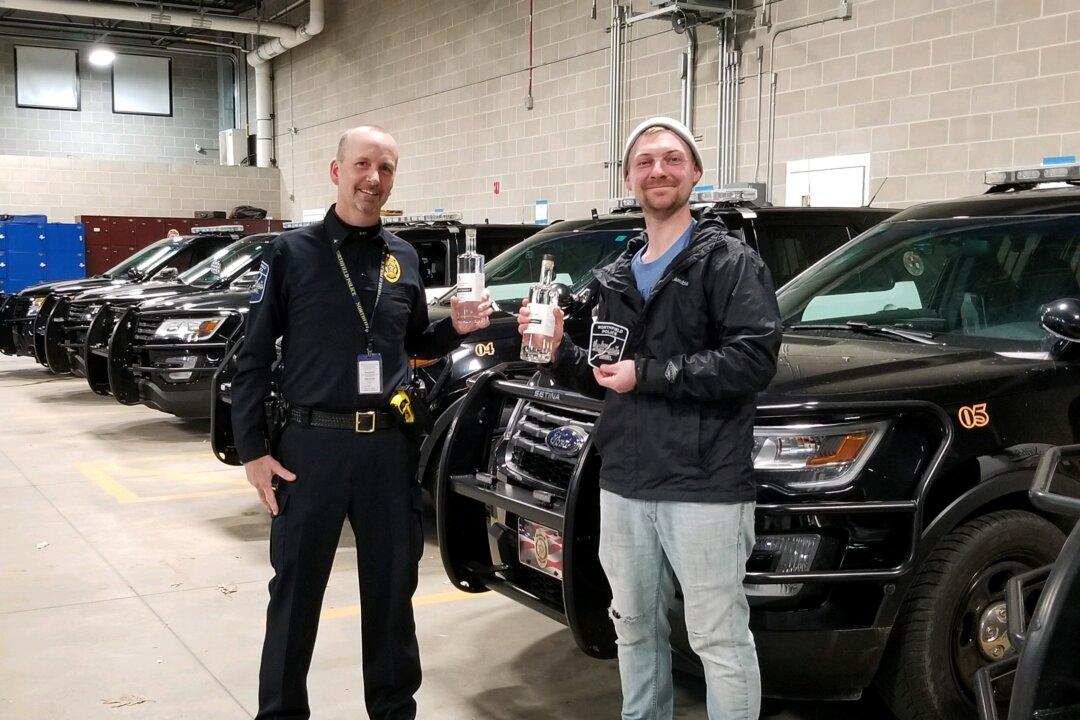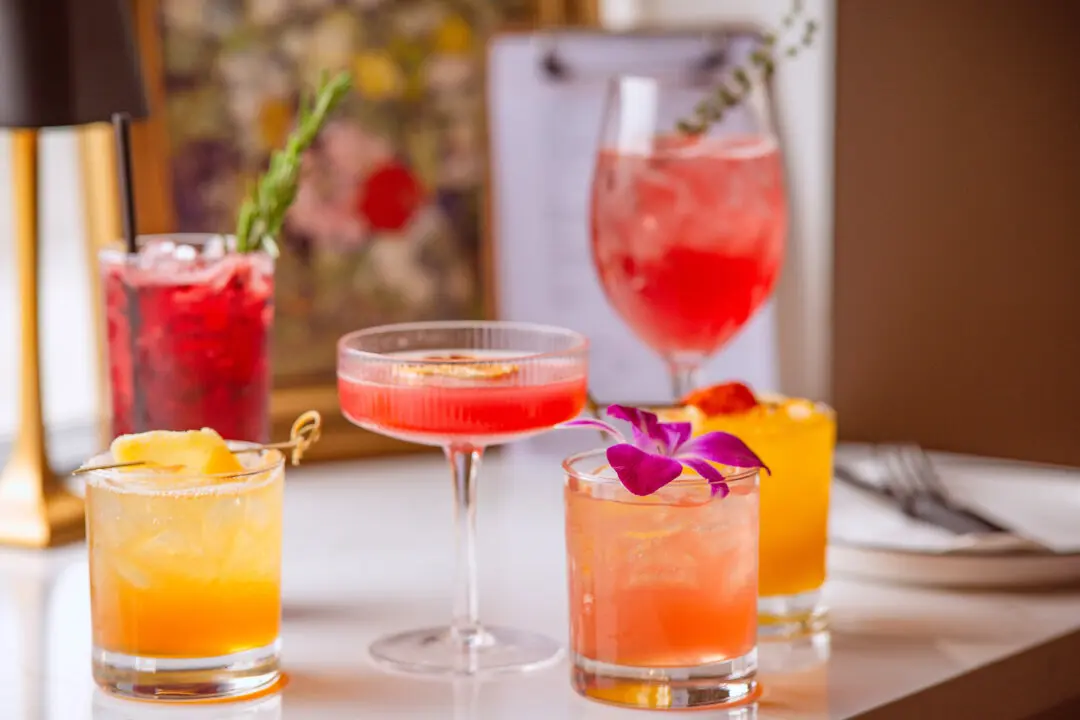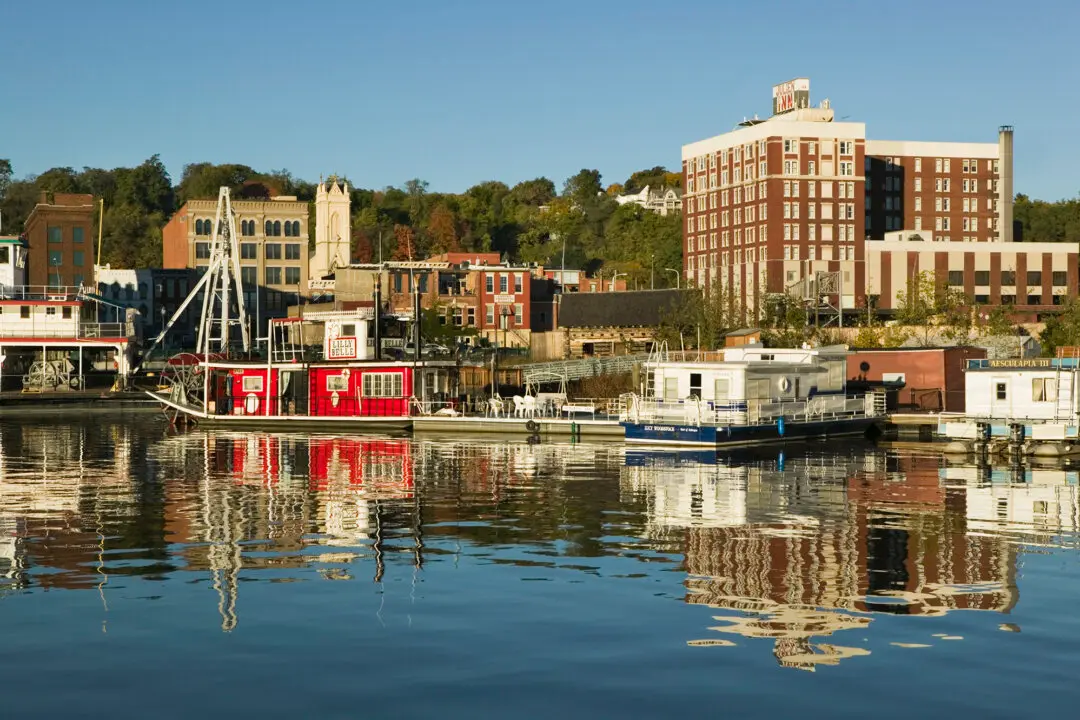You might not think your local booze maker is going to have what you need during a public health crisis. But they really just might.
As the United States faces a pandemic, concerned denizens have made moves to protect themselves, stocking up on disinfectants, masks, gloves, and, especially, hand sanitizer. The alcohol-based disinfectant is a quick-acting first line of defense that doesn’t require a stop in the restroom.





